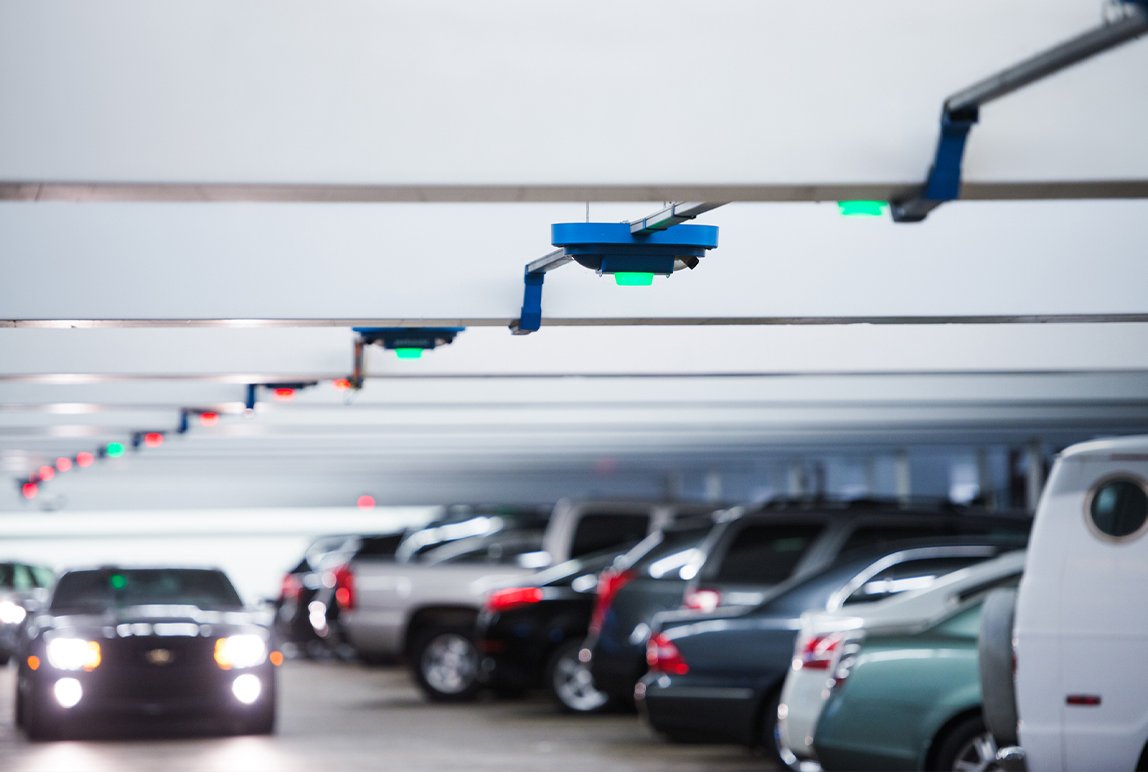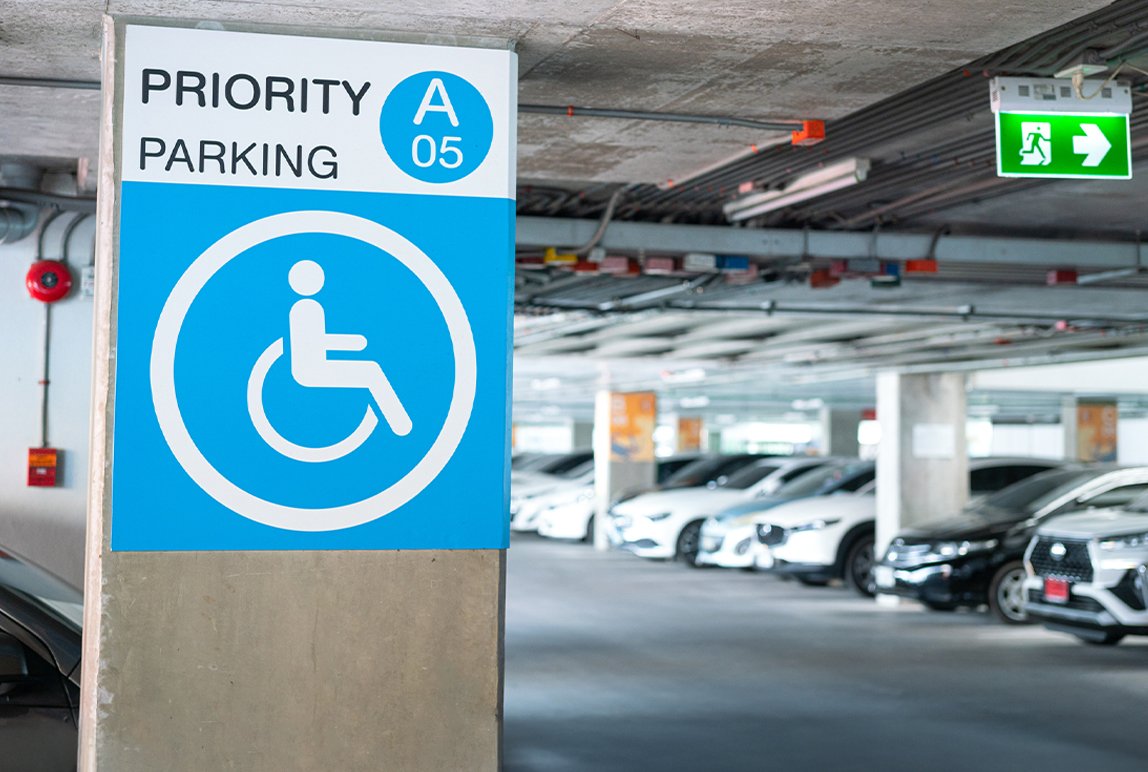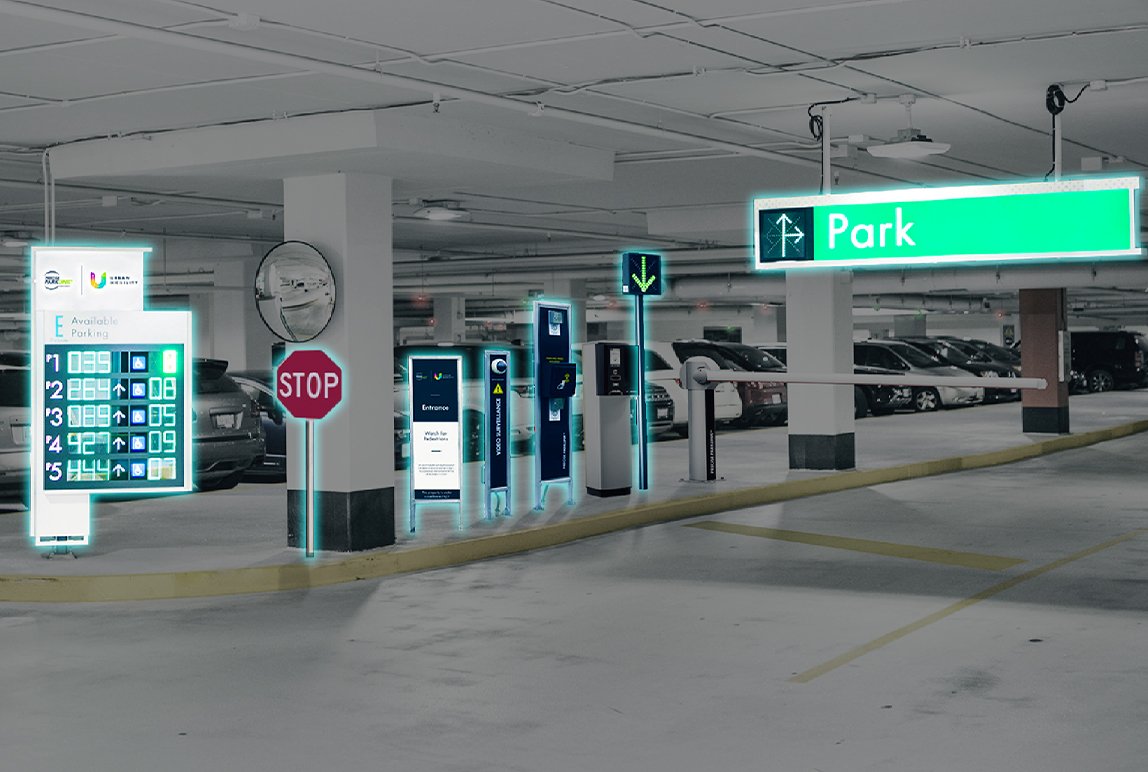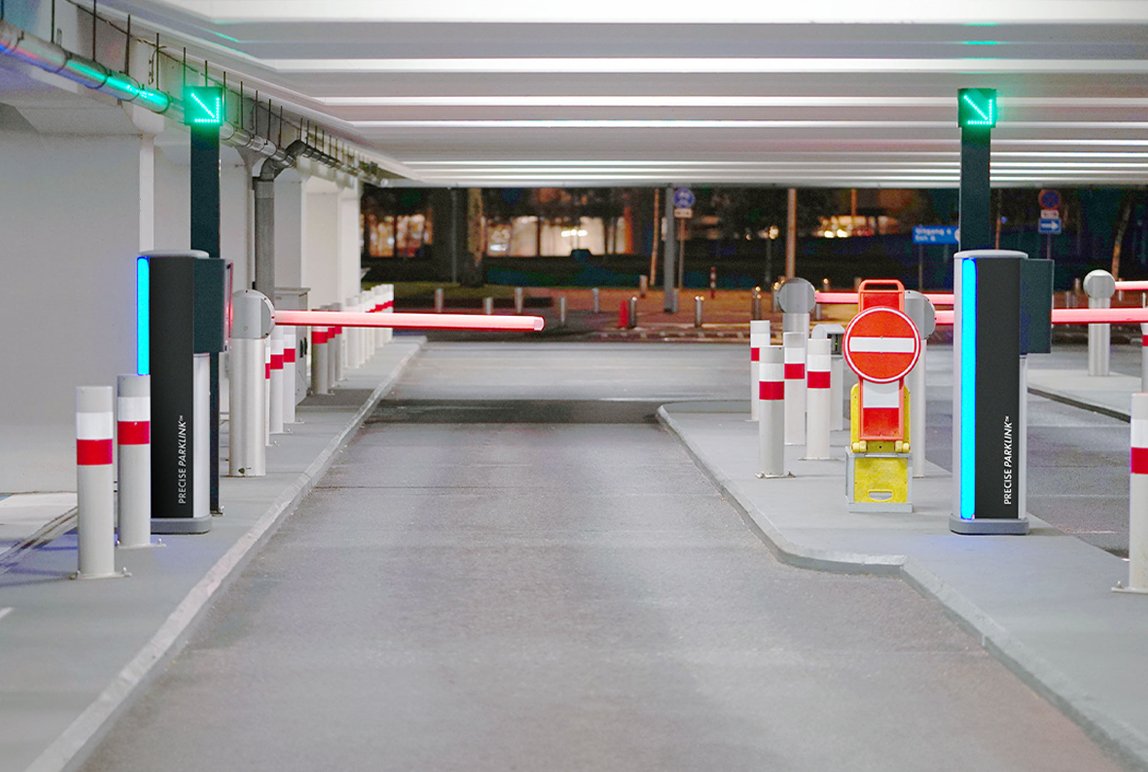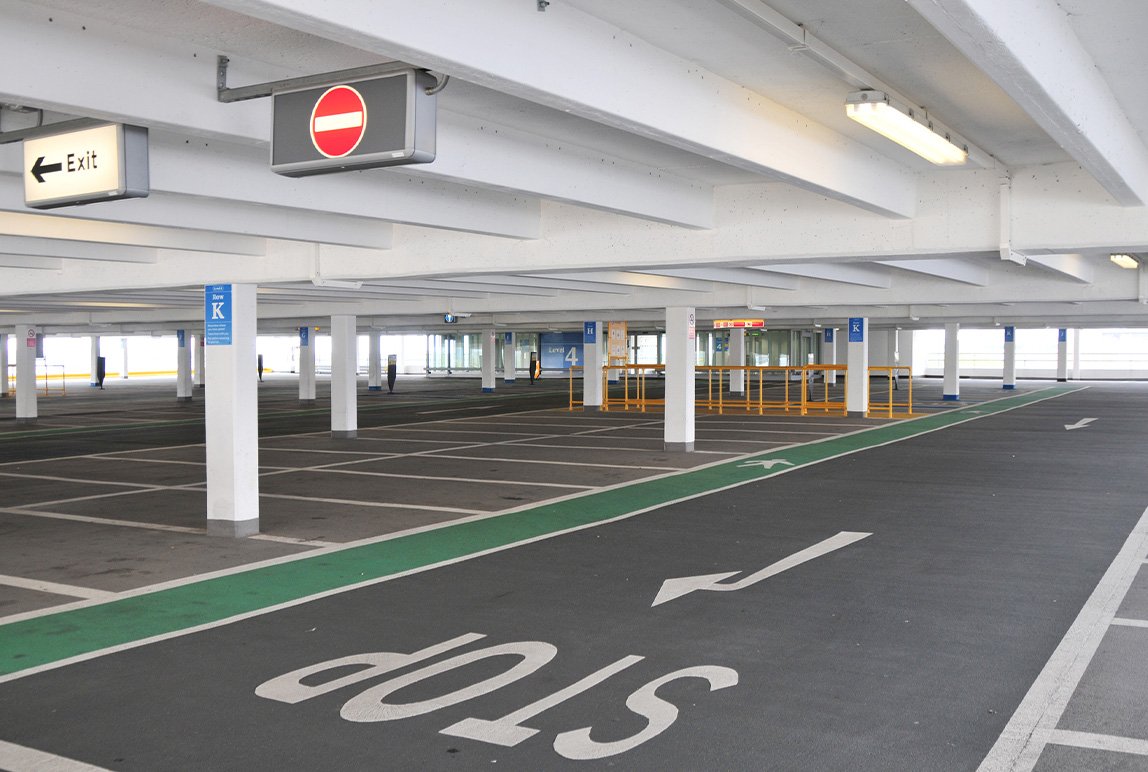What is Mobility as a Service?
Posted: January 8th, 2025 10:28 AM ET • 3 min read
As cities grow, transportation systems must actively innovate to keep up with the increasing demand. The rise of Mobility as a Service (MaaS) presents a solution to this challenge, aiming to create a seamless, flexible, and sustainable transportation network. This concept is gaining momentum worldwide as urbanization accelerates, environmental concerns become more pressing, and consumer preferences evolve.
Below is everything you need to know about Mobility as a Service and its growing importance in the parking and mobility industry.
What is Mobility as a Service (MaaS)?
Mobility as a Service (MaaS) refers to integrating multiple transportation services such as buses, trains, car rentals, ride-hailing services, and bike-sharing into a single digital platform. Instead of relying on traditional methods of transport, which can be fragmented and inconvenient, MaaS enables users to access various options through one centralized mobile app. This simplifies the travel experience by offering a unified payment system, real-time data on transport availability, and optimized routes.
The Growing Need for MaaS
As the world’s urban population grows, cities grapple with rising congestion, pollution, and infrastructure strain. At the same time, consumers are increasingly seeking more sustainable and flexible transportation options. These trends underscore the growing demand for MaaS.
Urban areas are becoming increasingly congested, with limited road space and a growing number of private vehicles. MaaS alleviates this by promoting shared transport options, reducing the need for individual car ownership, and making better use of available infrastructure. Additionally, traditional transportation's environmental impact, especially individual cars' carbon footprint, has sparked the need for greener solutions. MaaS supports this transition by encouraging using electric vehicles (EVs), public transit, and shared transport systems.
Top Benefits of MaaS: Cost Savings, Eco-Friendly Travel & Reduced Congestion
The benefits of MaaS extend to users and cities alike. MaaS provides a one-stop platform for users to plan and book their journeys, eliminating the need to manage multiple apps or ticket systems for different modes of transport. Whether they're hopping on a bus, renting a bike, paying for parking, or booking a ride-share, MaaS consolidates all travel options, saving them time and effort.
MaaS also plays a key role in reducing emissions and promoting eco-friendly transportation alternatives. By encouraging shared rides, electric vehicles, and more efficient public transportation, MaaS can help decrease the carbon footprint associated with individual travel. This, in turn, helps cities meet their sustainability goals and combat air pollution.
MaaS offers a cost-effective alternative to owning a private car, which comes with significant expenses such as fuel, maintenance, and insurance. The flexible pricing models offered through MaaS, such as pay-as-you-go or subscription-based systems, allow individuals to pay only for the services they use.
By optimizing transport networks, MaaS contributes to more efficient traffic flow and less congestion. It encourages individuals to utilize public transport, cycling, and shared vehicles, reducing the number of private cars on the roads. Through intelligent algorithms that consider real-time traffic conditions and user preferences, MaaS can assist in managing demand and optimizing routes, ultimately easing congestion in busy urban cities.
The Future of MaaS: Revolutionizing Urban and Rural Mobility with Emerging Technologies
Looking ahead, MaaS is positioned to revolutionize urban mobility, driven by emerging technologies such as autonomous vehicles, electric scooters, and drones. Integrating these technologies into MaaS platforms will further enhance convenience, accessibility, and sustainability. MaaS also has significant potential for expansion beyond urban centers into suburban and rural areas, where transportation options are often limited. By making transportation more accessible in less densely populated areas, MaaS could create a more inclusive, connected society.
Mobility as a Service (MaaS) is transforming urban transportation by offering efficient and sustainable alternatives to traditional modes of travel. By integrating multiple transport options into one platform, MaaS offers users convenience, cost savings, and environmental benefits while helping to reduce congestion and promote more sustainable cities. As MaaS continues to evolve with new technologies, the collaboration between governments, technology developers, transport agencies, and parking facility owners will be key to realizing its full potential.
References
Maas: Our smart mobility solutions. Transdev Canada. (2023, July 25). https://www.transdev.ca/en/our-innovations/maas-mobility-as-a-service/
Levinson, D. M. (2023, June 13). Transportist: Maas or Saam: Mobility-as-a-service pro and con. transportist.net. https://www.transportist.net/p/maas-or-saam-mobility-as-a-service
Share Article:
Featured Articles
ABOUT THE AUTHOR
Emmanuel Lereno
Chief Digital Transformation Officer
As Precise ParkLink’s Chief Digital Transformation Officer, Emmanuel plays a key part in strengthening the company’s industry-leading technology innovation and business intelligence expertise to help our customers drive their digital transformation strategies. Lereno brings more than 20 years of experience in parking and mobility industry to Precise ParkLink. With experience in leveraging technology to create intuitive digital ecosystems, Lereno knows what it takes to drive impactful results.
Questions?
Fill out the form below and we will do our best to connect you with a suitable contact.



